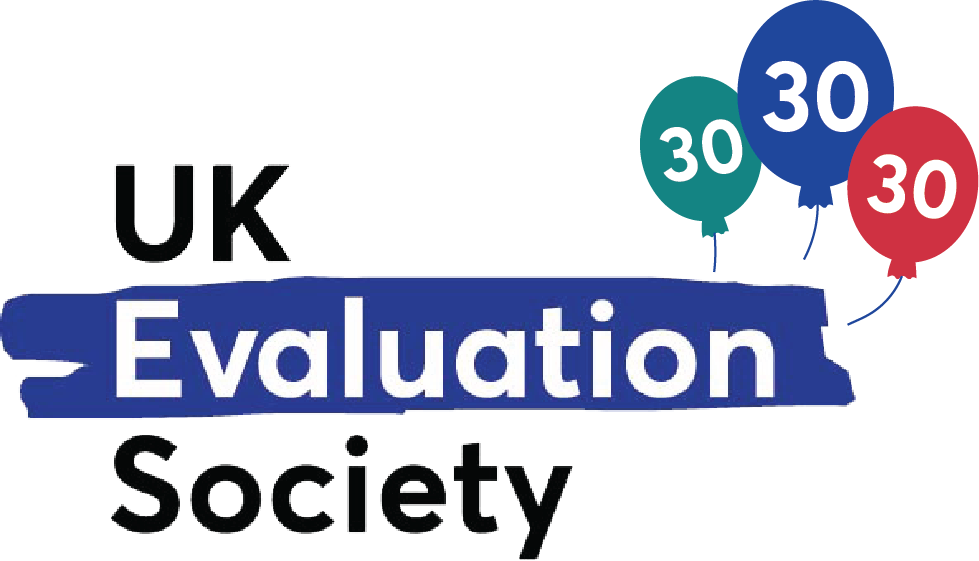11 June 2024
WEBINAR – Most Significant Change (MSC)
Is it time to take a more critical view of how MSC is used? And why?

Join us for another Birthday Event as we celebrate our 30th anniversary.
It is now 30 years since CCDB, a large Bangladeshi NGO, started to implement MSC. Since then MSC has been experimented with by organisations around the world and the 2006 guide translated into multiple languages. But how useful has it really been? And how should we even try to answer this question? The questions like this probably need to be asked about many other monitoring and evaluation methods that are used on a regular basis.
This webinar will explore the use of MSC for various purposes (monitoring, evaluation, learning and adaptation and use of evidence (to be elaborated)
Rick will talk about its use for monitoring purposes, both in Bangladesh, and elsewhere, using his own and others published reports. Niki will talk about its use for learning, using an example of a layered MSC evaluation from Iraq. Nick will talk about MSC is being used to support learning and development in social care and health services in Wales, UK.
For more information about the topics being covered: https://www.zotero.org/groups/5443570/2024_msc_bibliography
Presented by:
Dr Rick Davies
Evaluation Consultant
Dr Rick Davies is an experienced evaluator and developer of evaluation tools. He has 30+ years’ experience working with NGOs, bilateral and multilateral institutions on the evaluation of international development aid programmes. This work includes evaluability assessments, the articulation of programme Theories of Change, the development of monitoring and evaluation frameworks, the design, lead and participation in evaluations, the synthesis of lessons learned from multiple evaluations, and quality assurance reviews of evaluations undertaken by other parties.
His PhD research was on organisational learning in NGOs in Bangladesh. He has since developed:
- The Most Significant Change (MSC) technique, a tool for participatory impact monitoring, that is now being used in multiple developed and developing countries.
- The Basic Necessities Survey (BNS), a democratic and rights-based approach to the measurement of poverty, now widely used by international conservation NGOs.
- EvalC3, an Excel app, an integrated set of tools for developing, exploring and evaluating predictive models of expected outcomes.
- ParEvo, A web-assisted process enabling the participatory exploration of alternative futures
- The Ethnographic Explorer, a web app for identifying, exploring and contrasting one or people’s mental models

Nur Hidayati
Results in Health
Nur Hidayati is a public health expert and the senior evaluation expert in RiH’s Monitoring and Evaluation (M&E) department, responsible for the design, implementation and coordination of complex evaluations worldwide. She is an experienced evaluator and researcher on various topical themes, with specific expertise in gender and public health, especially in the context of sexual and reproductive health and rights.
Nur also has strong skills in evaluation and research design and implementation, programme and policy development, and capacity-building. Her work experience includes Asia, Africa, Australia, MENA region, and European Union countries.
Nur is an engaging trainer/facilitator and practitioner in various participatory methods for M&E and research, such as Most Significant Change (MSC), Participatory Video MSC, Photovoice, and Outcome Harvesting. She also has expertise in Participatory Action Research. She has facilitated numerous offline and online training courses/workshops on MSC and is familiar with engaging facilitating techniques such as Liberating Structure.
Nur has a Master’s in Public Health from the Royal Tropical Institute (KIT) of the Netherlands.

Niki Wood
Chemonics
Niki Wood is a mixed-methods Monitoring, Evaluation, and Learning expert, specialising in participatory, behavioural-science informed, and theory-based approaches to evaluation and MEL. Niki is currently the MEL Practice Lead for Chemonics UK, based in Sweden, where she leads the MEL team and portfolio for the international development company. She is passionate about human-centred and trauma-informed approaches to evaluation, and is an advocate for equitable and inclusive practice. Her experience spans Central Asia, Eastern Europe, the Middle East, and East & West Africa, with a particular focus on the Western Balkans (her region of heritage).
Nick Andrews
Swansea University
Nick Andrews is a Registered Social Worker and Research and Practice Development Officer in Swansea University, where he co-ordinates the Developing Evidence Enriched Practice (DEEP) programme. The focus of this work is a co-production approach to using diverse types of evidence in learning and development using story and dialogue methods. Having spent many years in practice and planning in social care services, he is able to make connections between research, policy and practice and has developed an extensive network across Wales and the UK. He is passionate about supporting a shift from process to relationship-centred practice.
Session Chaired by:
Fiona Larner
UK Evaluation Society Secretary
Registration

In honour of our 30th Birthday, this webinar is free to all attendees!
Slides: available only to UKES members registered for the event
Recording: this event will be recorded. Full version (with Q&A) will be made available to members only for a period of 1 year. Thereafter, Q&A will be removed and the recording made available generally.
Access Details: hosted on Zoom. Access details will be provided after the booking window closes on 10 June at 1400 BST.

